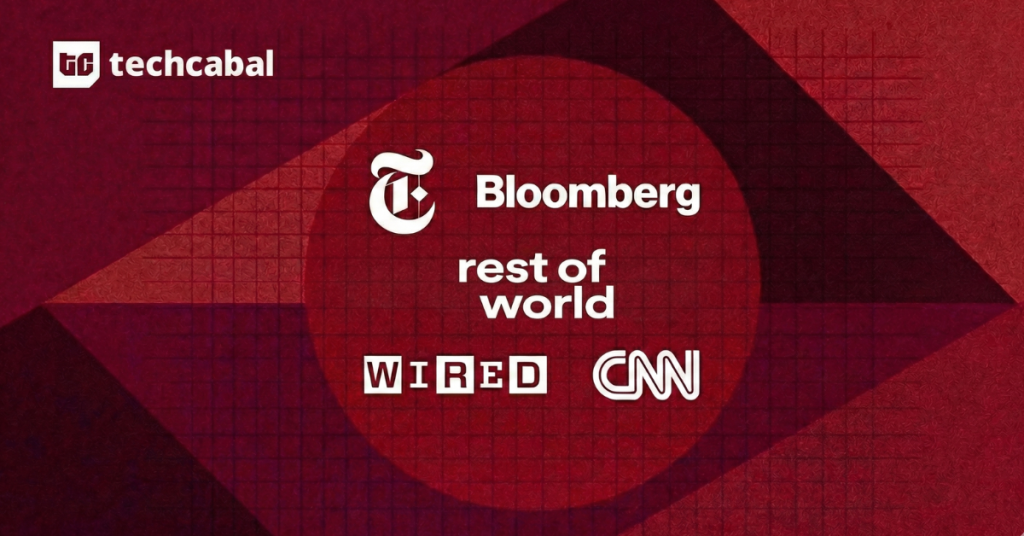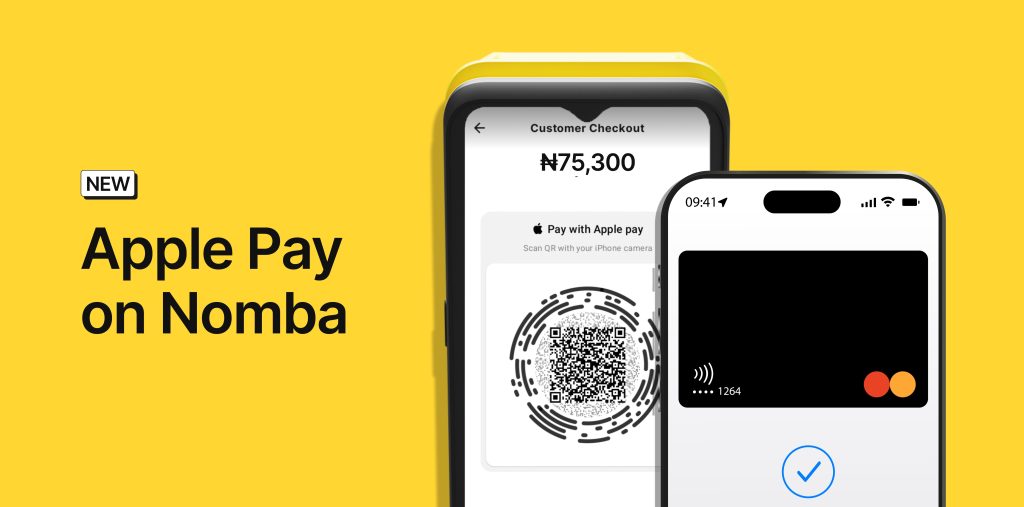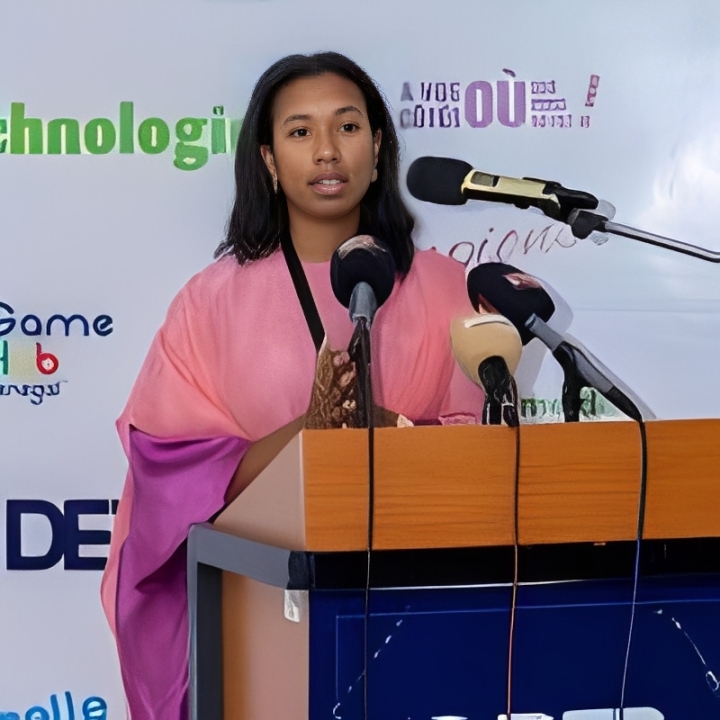

Eid Mubarak 🌙🕋🕌
If you’re a young person and you’ve asked yourself when the perfect time is to leave the shadow of your parents’ house and venture off on your own, we’ve got the answer for you in this article.
We spoke to seven young people who left home at different times, and asked them what their big regrets are and how they’re coping with the prices of toothpaste, milk and toilet paper. The big answer: you never know when the right time is, it’s all a leap of faith!
Find more answers in Entering Tech, and Leaving Home.
SEC warns against $DAVIDO as Sabinus launches new meme coin
Depending on who you ask, meme coins can make you a load of money quickly, or help you lose money just as quickly.
Meme coins have become popular in the Nigerian crypto space since Wakanda Inu, the first African-themed meme coin, broke the glass ceiling in 2021. Since then, many more—way too many to list in this blurb—have launched.
On May 29, Afrobeats singer Davido backed and promoted the Solana-hosted meme coin, $DAVIDO, which shot up to a $10 million market cap within four hours… and dropped by 90% afterwards. It now sits at $268,000, according to DEX screener.
Nigeria’s Security and Exchange Commission (SEC), last week, warned investors and the general public that the meme coin, $DAVIDO, is “highly risky” and “lacks fundamental value.” It further stated that people who invested in unregulated assets like $DAVIDO, do so at their own peril.
Nigerians have shown mixed reactions to the news as some still criticise the singer, Davido, who they say keeps getting away with his questionable crypto projects.
This is not Davido’s first rodeo: The singer previously backed and promoted a shilled ERC-20 token, $Rapdoge which he claimed was the “Doge coin killer.” That project died a while ago, but according to Etherscan, it still has 1,553 holders.
Crypto tokens like $DAVIDO lack any evidence of whitepaper, solidifying that these assets are not intended to be long-term projects as they lack utility.
Creating meme coins or crypto tokens that sell like $DAVIDO isn’t just a simple flick of the coin, but it sure does help if you’re a celebrity like Davido and have millions of people who will lap up your music and invest in your merch. Solana’s creator platform, pump.fun requires just the name of your coin, ticker symbol, short description, image of the coin and $0.02SOL (less than $0.02) to deploy any meme coin.
The other herculean task is getting investors—regular folks and fans—to believe in your crypto token project to pool funds that drive up its value.
Another Nigerian celebrity launches a meme coin: Following Davido’s token outing, another “celebrity” status, Emmanuel Ejekwu, Nigerian comedian and skit-maker popularly known as Investor Sabinus, launched his own token, $SABICOIN, over the weekend. A quick, inquisitive look showed that the coin already had a buy value of $1,200 in less than 24 hours.
Fooled by randomness? We’re starting to wonder if these people are naturally addicted to high-octane adventures.
Process payments smoothly with Moniepoint
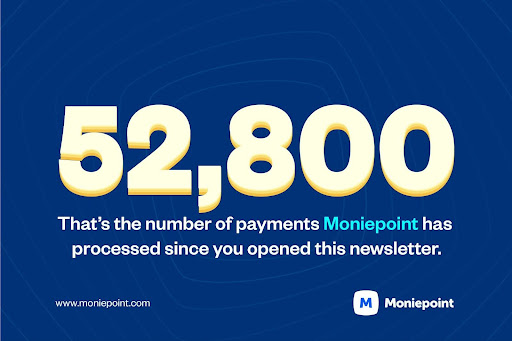
And we’ll have processed almost 5,000 more by the time you’re done reading this. Your business payments can be one of them. Click here to sign up.
FIRS drops tax evasion charges against Binance executives
The Binance saga in Nigeria takes another turn as the country’s Federal Inland Revenue Service (FIRS), responsible for facilitating tax-related activities in Nigeria, has dropped all tax evasion charges against Binance executives, Tigran Gambaryan and Nadeem Anjarwalla, leaving “Binance Holdings Ltd” as the sole defendant.
A Binance spokesperson welcomed Gambaryan’s tax charges being dropped, stressing he’s “not a decision-maker” and need not be “held hostage” to resolve government issues.
How did it happen? On June 4, US lawmakers filed a petition for US President Joe Biden, to secure the release of Tigran Gambaryan, a US citizen, and one of the Binance executives detained in Nigeria since February 26, calling his detention “baseless” and a “coercion tactic” used by Nigerian government to extort Binance.
While Gambaryan and Anjarwalla have both been released from the tax charges after 110 days in detention, he still faces money laundering allegations from EFCC and remains in custody.
On the one hand, Nigeria seems within its rights to prosecute companies it believes failed to pay appropriate taxes.
One publication reported that the Nigerian FG were prosecuting Binance on multiple counts of tax non-compliance according to Section 40 of the FIRS Establishment Act 2007. “Any company that transacts business in excess of N25 million annually is deemed by the Finance Act to be present in Nigeria. According to this rule, Binance falls into that category. So, it has to pay taxes like Company Income Tax (CIT) and also collect and pay Value Added Tax (VAT).”
Binance reportedly had a turnover of $20 billion from Nigeria in 2023 alone, making the claim feasible.
However, the prolonged detention of an individual, a non-decision maker, primarily employed to oversee compliance at the company, complaints of mistreatment, and an alleged bribe request painted a muddled picture of overcriminalisation for Nigeria. Thus, it is speculative that Gambaryan’s role in the tax evasion lawsuit brought forward by FIRS was overstated.
Since Nigeria’s crackdown on cryptocurrency started, it has scapegoated Binance as one of the platforms facilitating forex exchanges that upend the value of naira.
Gambaryan’s dropped charges may also have been facilitated by a visit from FBI Director Christopher Wray who was in the nation’s capital last week to “discuss cybersecurity”. We’ve got more on that in the next segment.
Issue USD and Euro accounts with Fincra

Create and manage USD & Euro accounts from anywhere. Fincra allows you to issue accounts to your users, partners & customers to collect payments without the stress of setting up and operating a local account. Get started today.
FBI director visits Nigeria to discuss cybersecurity
Speaking of the speculations of the FBI Director’s visit, it appears Nigeria’s anti-corruption watchdog EFCC and the FBI might be teaming up to crack down on “Nigerian princes”.
Cybersecurity is one of the digital challenges that African countries must tackle. In 2020, Africa was the region with the highest exposure to cyberattacks per country. Only seven African countries—Mauritius, Egypt, Tanzania, Ghana, Tunisia, Nigeria, and Morocco—are in the top 50 for cybersecurity. Kenya is close behind, ranking 51st.
However, cybercrime is still on the rise. Nigeria has been ranked 5th in a global report on sources of cybercrime activities, with Russia taking the top spot.
FBI Director Christopher Wray visited Kenya and Nigeria from June 12–14, to meet with senior law enforcement and security officials to reaffirm the FBI’s strong partnerships in the region and emphasise ongoing collaborative efforts to address various threats.
During his visit to Abuja, Nigeria, Director Wray held meetings with Nigerian President Bola Ahmed Tinubu, National Security Advisor Nuhu Ribadu, and other high-ranking law enforcement and security officials from the EFCC. The discussions reportedly centred on the FBI’s cooperation with Nigeria in combating terrorism, violent crime, and cybercrime. They explored ways for the FBI to offer further training and resources to enhance the EFCC’s capabilities in investigating cyber threats.
According to the President during a meeting with the State House in Abuja, “We cannot successfully combat crime without collaboration.”
“Incidentally, as the Chairman of ECOWAS, Nigeria is also collaborating with other West African countries to fight economic and other related crimes,” President Tinubu said.
It isn’t clear yet how both agencies will collaborate, or if “cybersecurity” was the sole reason for Wray’s visit, but what is clear is that both agencies have lit this joining partnership flame before. In 2018, the EFCC and FBI agents met in Abuja where both commended an ongoing partnership. It is, however, the first time in history an FBI director will visit Nigeria, a milestone that underscores the importance of the “cybersecurity” discussions between the agencies.
What do you want to see from Paystack in 2024?
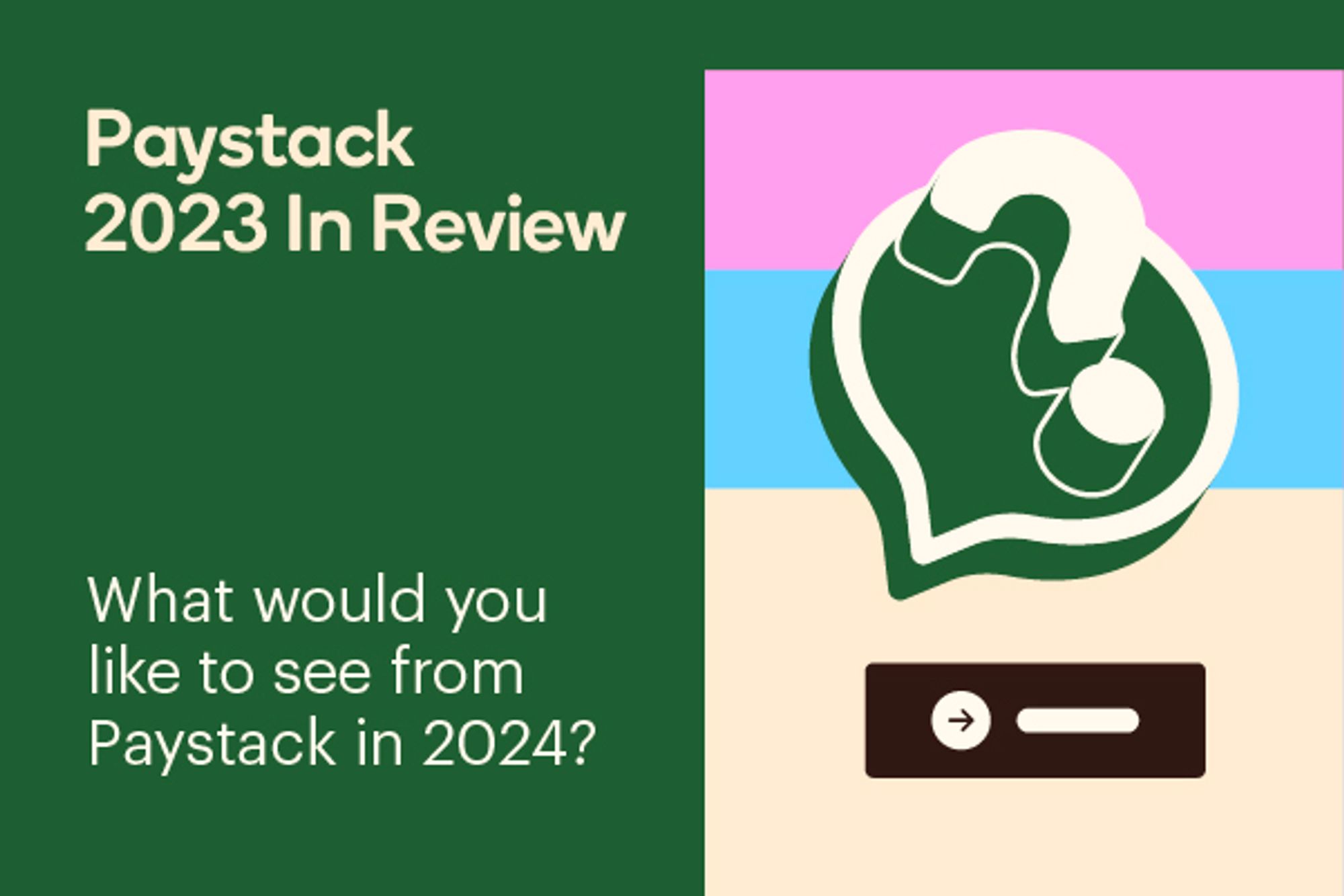
Paystack would love to hear from you! Let us know what improvements or new features you’d like to see from Paystack in 2024. Share your wishlist here →
- Big Cabal Media – Senior Video Producer, Deputy Editor (Zikoko), Event Production Assistant, Client Account Manager – Nigeria
- TechCabal – Features Writer, Features Director – Africa
- Leadway Assurance – Relationship Officer – Lagos, Nigeria
- Kuda Bank– Content Writer – Lagos, Nigeria
- Quidax – Market Operations Intern, Revenue Assurance Analyst – Lagos, Nigeria
- Carry1st – Growth Manager – Lagos, Nigeria
- Bumpa – Senior Mobile Engineer, Senior Backend Engineer – Nigeria (Remote)
- Comiblock – SEO Specialist, Data Engineer, Machine Learning Engineer – Lagos, Nigeria
Here’s what we’ve got our eyes on
Written by: Emmanuel Nwosu & Towobola Bamgbose
Edited by: Timi Odueso
Want more of TechCabal? Sign up for our insightful newsletters on the business and economy of tech in Africa.
- The Next Wave: futuristic analysis of the business of tech in Africa.
- Entering Tech: tech career insights and opportunities in your inbox every Wednesday at 3 PM WAT.
- TC Scoops: breaking news from TechCabal
P:S If you’re often missing TC Daily in your inbox, check your Promotions folder and move any edition of TC Daily from “Promotions” to your “Main” or “Primary” folder and TC Daily will always come to you.












